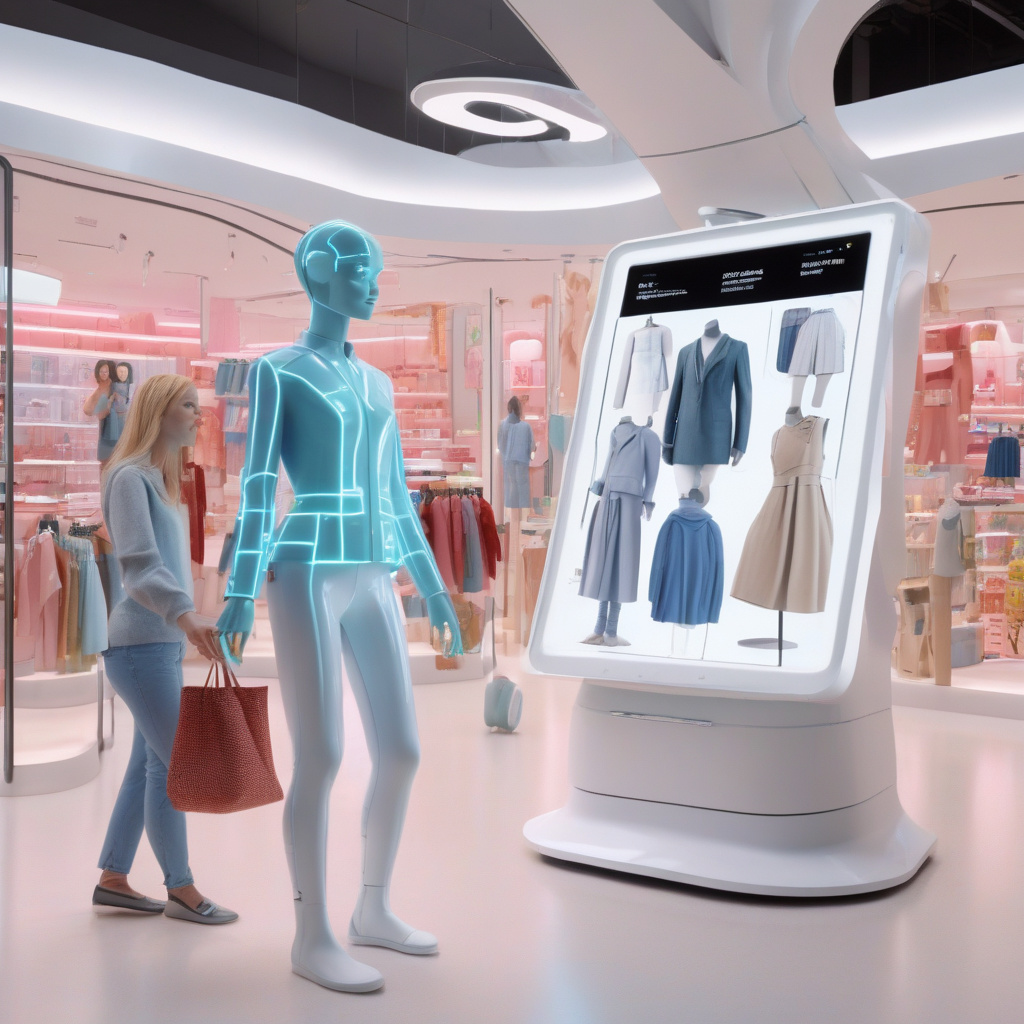AI Translates Retail Jargon Into Shopper-Friendly Content
In the realm of retail, communication is key. However, the language used by retailers can often be filled with complex industry terms and jargon that leave consumers scratching their heads. This is where Artificial Intelligence (AI) steps in, offering a solution to translate this merchant speak into more understandable, shopper-friendly content.
AI has revolutionized various sectors, and the retail industry is no exception. With the power of AI, retailers can now bridge the gap between their technical language and the everyday dialect of consumers. By leveraging AI technology, retailers can ensure that their product descriptions, marketing materials, and overall communication are tailored to resonate with their target audience.
One of the significant benefits of using AI to translate retail jargon is the ability to enhance the overall shopping experience for consumers. Imagine browsing an online store and coming across a product description filled with technical terms that are unfamiliar to you. This can be not only confusing but also off-putting, potentially leading to a lost sale. However, with AI translation, complex terms can be simplified into easy-to-understand language, ensuring that consumers can make informed purchasing decisions.
Moreover, AI can help retailers improve their search engine optimization (SEO) efforts by ensuring that their content is not only consumer-friendly but also optimized for search engines. By translating retail jargon into shopper-friendly content, retailers can enhance their online visibility and attract more organic traffic to their e-commerce platforms.
Another advantage of AI translation in retail is the potential for increased conversion rates. When consumers can easily understand product information and marketing messages, they are more likely to engage with the brand and make a purchase. By removing language barriers through AI, retailers can create a seamless shopping experience that drives conversions and boosts sales.
Furthermore, AI can assist retailers in personalizing their communication with consumers. By analyzing customer data and behavior, AI can tailor product recommendations, promotions, and messaging to suit individual preferences. This level of personalization not only enhances the shopping experience but also fosters customer loyalty and repeat business.
One example of AI in action is chatbots, which use natural language processing to communicate with customers in a conversational manner. These AI-powered assistants can answer customer queries, provide product recommendations, and even assist with the purchasing process. By simulating human-like interaction, chatbots create a more engaging and personalized shopping experience for consumers.
In conclusion, AI translation of retail jargon into shopper-friendly content is a game-changer for the industry. By leveraging AI technology, retailers can improve communication, enhance the shopping experience, boost conversions, and foster customer loyalty. As the retail landscape continues to evolve, embracing AI-driven solutions is essential for staying competitive in the digital age.
#AI #Retail #ECommerce #ArtificialIntelligence #ConsumerExperience
